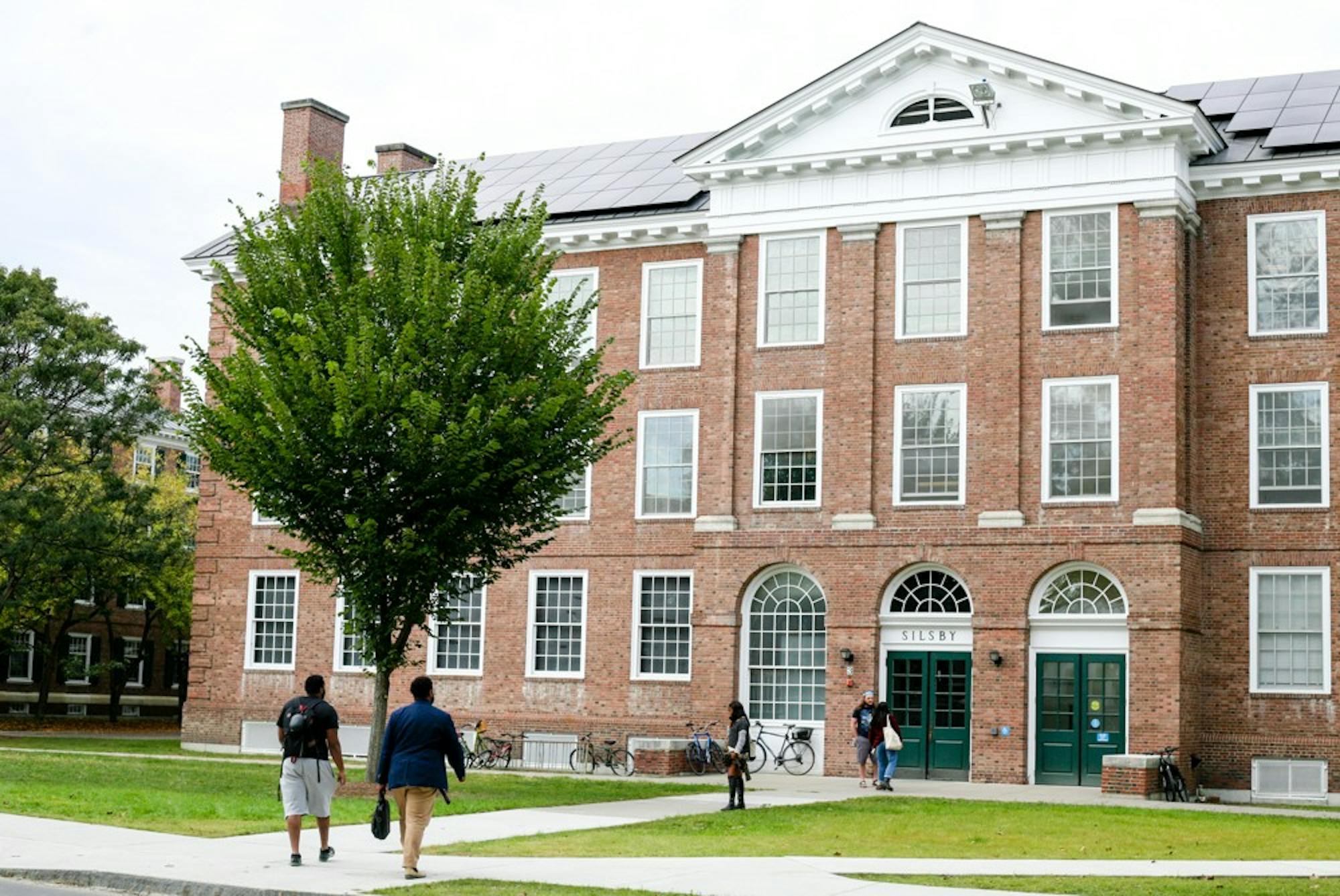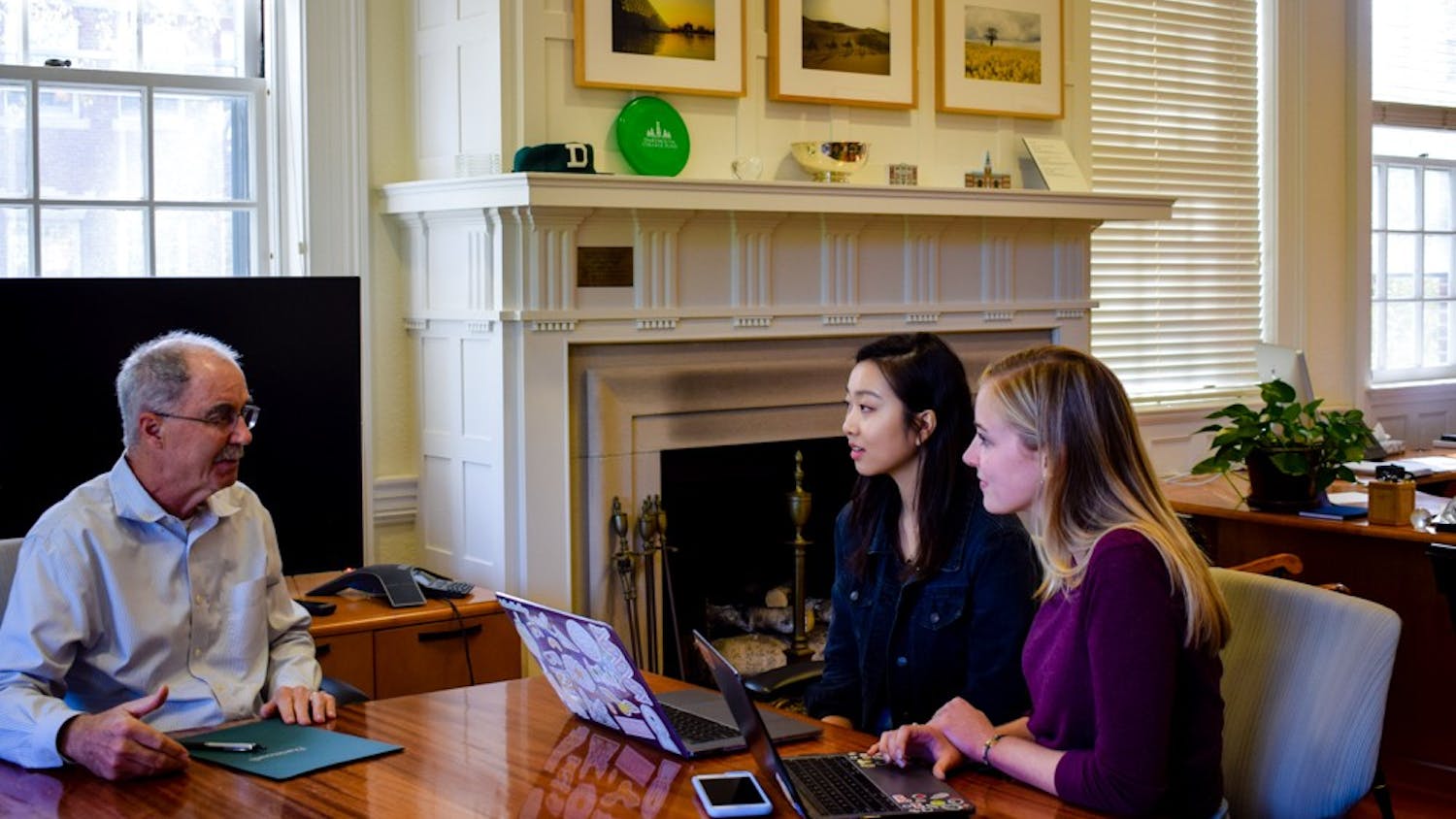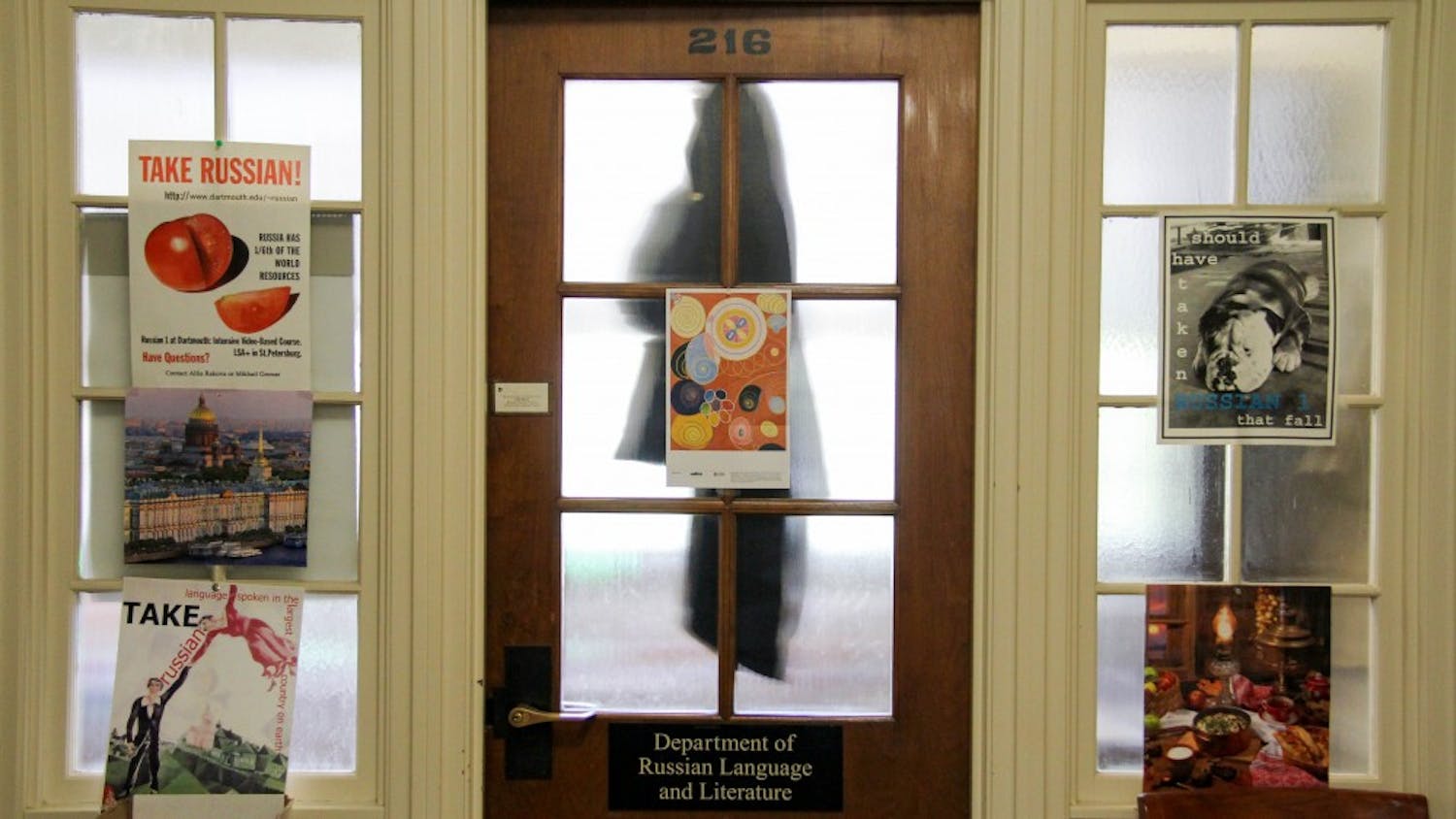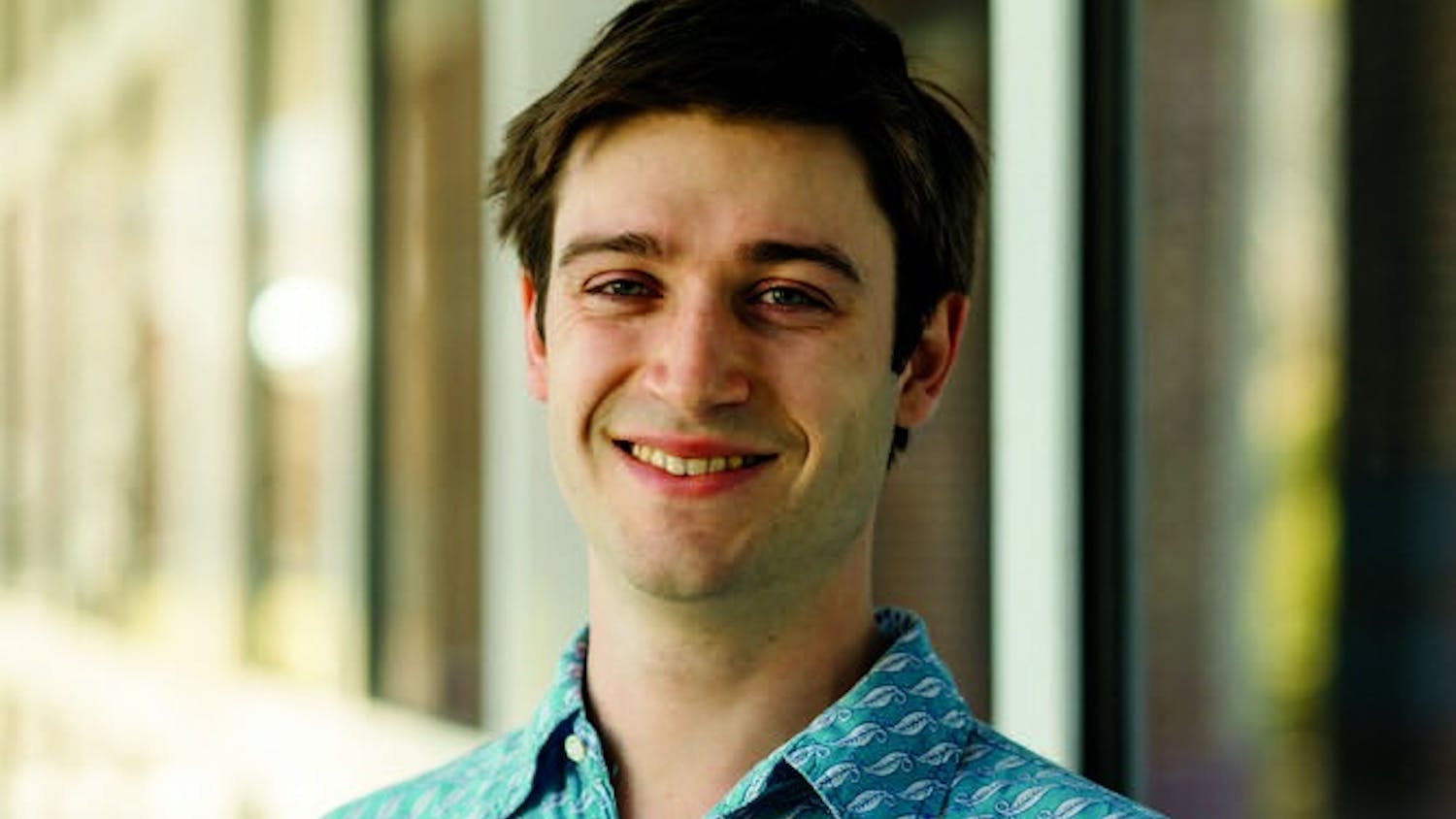Through the collaboration of faculty from the Russian and government departments, the Guarini Institute for International Education and the Arthur L. Irving Institute for Energy and Society, Dartmouth students may have the opportunity to participate in an interdisciplinary study abroad in Russia through a new foreign study program by the summer of 2020.
Irving Institute academic director Amanda Graham said that this new FSP has been in the works for over a year and is a proposal that is currently under review and contingent on final approval by the College.
“We have been working together for over a year to develop the program concept, which integrates the study of Russian language and civilization, government and energy systems,” Graham said.
The team behind this new proposal includes Graham, Russian professors Ainsley Morse and Mikhail Gronas, government professor Joseph Bafumi, Guarini Institute executive director John Tansey and Guarini Institute associate director Francine A’Ness.
Dartmouth has offered FSPs where two closely-linked departments have worked together, such as the joint FSP between the Asian, societies, cultures and languages department and the women, gender, and sexuality studies department in Hyderabad, India and the joint program in Auckland, New Zealand between the linguistics and anthropology departments. However, this would be the first program where three “virtually independent divisions” come together, according to Gronas.
Gronas said that the team hopes this program will appeal to any student who is interested in Russian language and culture, international politics, international business, environmental science, Eurasian resources and the Arctic.
According to Tansey, the program would run for just over 10 weeks from mid-June to the end of August. For the first eight weeks, between 25 to 30 selected students will stay six weeks in Moscow and two weeks in St. Petersburg while taking a variety of courses in collaboration with the Higher School of Economics. The final two weeks will involve traveling via the Trans-Siberian Railroad from Moscow to Siberia, including stops in Yekaterinburg in the Ural Mountains, Novosibirsk and Irkutsk, where students will fly back to Moscow.
The program will include three distinct tracks and applications for students either interested in Russian language, government and politics, or energy and society, according to Bafumi. For students interested in applying to the Russian language track, they will be required to complete the first-year language sequence. While details are still being finalized for the other two tracks, students on the government track will likely have to have completed an introductory government course. All accepted students, however, will have to attend a weekly seminar to learn “survival Russian” including the Russian alphabet, some Russian culture and information on how to navigate Russia as a country. Requirements may become more stringent with development of the program, Bafumi added.
Discussion of the proposal first began with consideration of students’ most popular expressed interests. Government is one of the most popular majors at Dartmouth and, as of now, only two abroad programs are offered — a domestic study program in Washington, D.C. and an FSP in London. Bafumi, when approached with the idea of a joint program, said it made a lot of sense for the government department to have an off-campus program in a part of the world that is very different.
“Right now, we only run two programs in the English-speaking developed world of democracies, and we have a great contingent of international relations faculty, comparative politics faculty and even political theorists with a strong interest in Russia,” Bafumi said. “Government students are particularly interested in Russia because it has become a major world player, in many ways, including the election interference and its relationships with Syria and Ukraine. It’s beginning to shape foreign policy and have a real impact on domestic policies.”
While the government department’s London FSP has been one of Dartmouth’s most competitive study abroad programs, the number of students enrolled in the Russian language study abroad has declined in recent years, according to Tansey.
Because of this, Morse and Gronas wanted to expand upon programs currently offered by the Russian department in the hopes of attracting more students. Gronas said he witnessed a growing trend of students double majoring with the Russian major — often pairing it with government or economics — so the collaboration was sensible.
“We’ve been running one of the oldest programs in the country in St. Petersburg,” Gronas said. “That program is just focused on one city, and it’s one of the most beautiful cities in the world, but we felt that we needed to expand beyond just going to the cultural, political and business capitals of the western belt of Russia.”
He noted that one planned stop is Kazan, a city in the Muslim-majority Republic of Tatarstan.
“We often don’t think of Russia as a Muslim country, but actually it’s one of the nations with the greatest number of practicing Muslims,” Gronas said.
Morse said she hopes that this program will help students understand the diversity of what Russia has to offer beyond its Western cities due to its more interactive nature, and expects the program will be approved by this upcoming winter when applications would open for the 2020 summer pilot program.
“Even just in terms of the selected institution, our students will have their own classes and their own course plan, but they will be studying in the same place as Russian students,” Morse said. She contrasted this with the current Russian study abroad in St. Petersburg, which places Dartmouth students in a university with other international students.
The curricula and itinerary for the program is still being developed.
“We’re not taking courses that are already offered at Dartmouth and bringing them abroad; instead, we’re creating new curricula and new syllabi for each track,” Gronas said. “In Russia, too, they’re creating new academic content adjusted for Dartmouth students.”
Morse said the team is also hoping to incorporate successful aspects of similar programs at other universities. He cited as an example one study abroad program at the University of New Hampshire that studies indigenous culture in Siberia.
“We talked with a colleague last week who runs a study abroad program at the University of New Hampshire that has a strong Siberian component,” Morse said. “One of the things they discussed is indigenous cultures in Siberia, which is huge, but something we don’t have as a focused part of our curriculum right now. However, we do expect to touch upon indigenous cultures in Russia and do a trip to a rural village in Buddhist Buryatia.”
Bafumi said he was hopeful about the program’s success and envisions it as a way for students to gain a better understanding of the United States-Russia relationship.
“It’s looking like it’ll be a really good program for students and will help us increase our understanding of Russia’s and the United States’s relationship,” Bafumi said. “That may be an important thing in a world where we seem to be more suspicious of one another once again, as we were years ago during the Cold War.”




